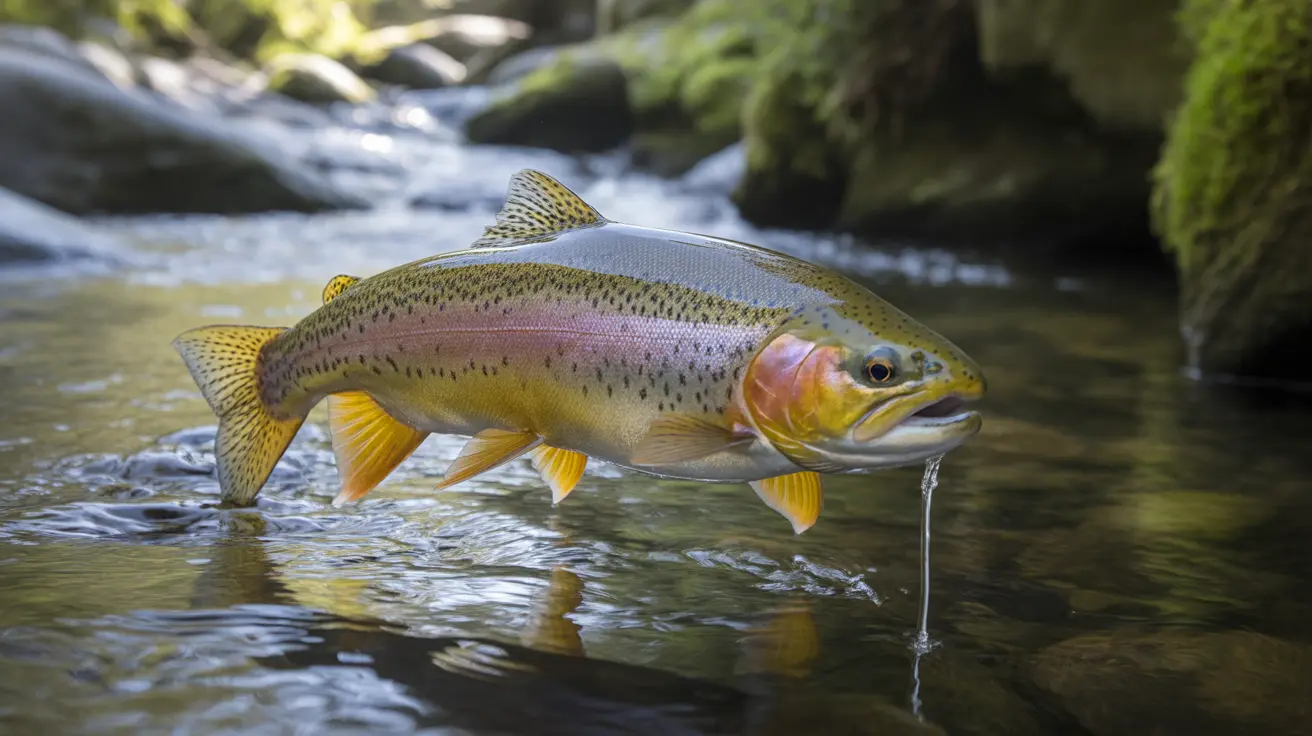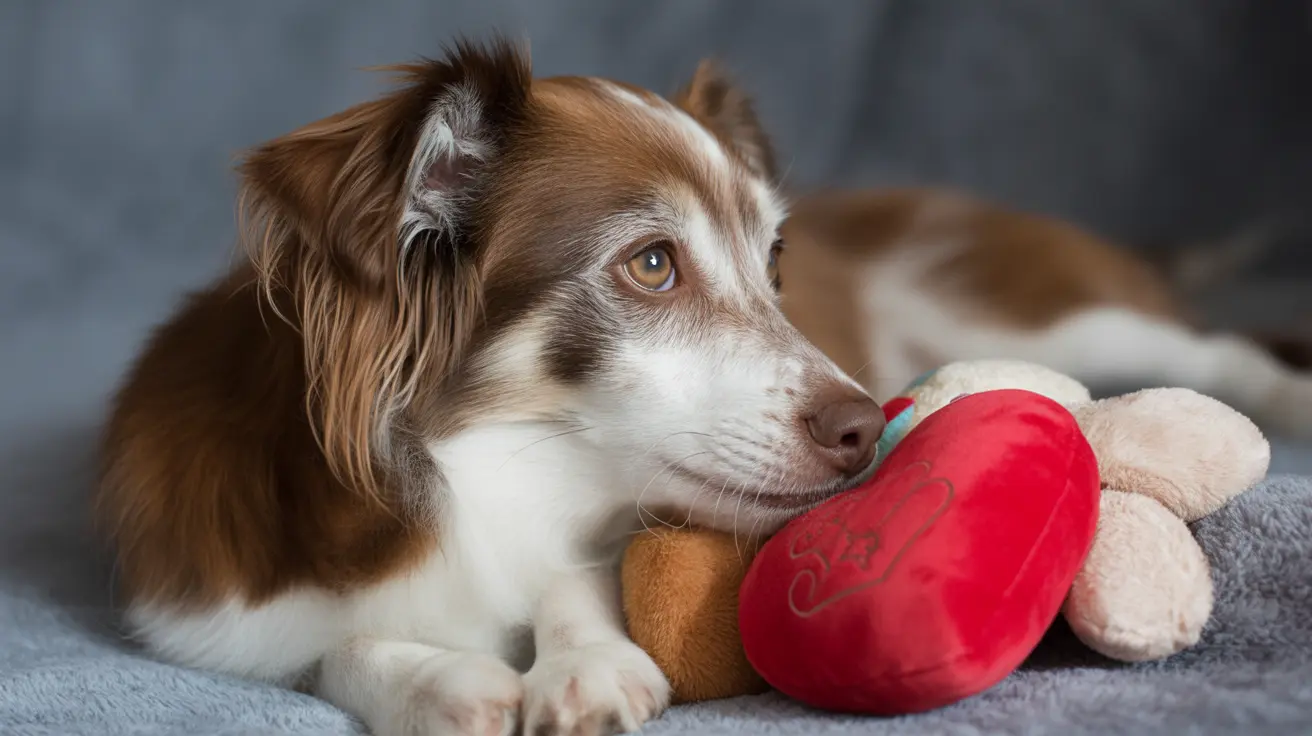Understanding the Causes of Mucus in Dog Stool
Spotting mucus in your dog's poop can be unsettling, but it's not always a sign of trouble. Let's break down why it happens and when you should be concerned.
Why Is There Mucus in Dog Stool?
A small amount of mucus is actually normal. It acts as a lubricant, helping stool pass smoothly through the intestines while protecting the intestinal lining from bacteria and irritants. But if you notice excessive or persistent mucus—especially if it looks different or comes with other symptoms—it could signal a health issue that needs your attention.
Common Causes of Mucus in Dog Poop
- Dietary Changes & Food Sensitivities: Sudden changes in diet or new foods and treats can irritate your dog's digestive system. Food allergies or intolerances (like to certain proteins or grains) may also trigger more mucus. If you're switching foods, do it gradually and watch for improvement.
- Eating Non-Food Items: Dogs sometimes eat things they shouldn't—think toys, garbage, or foreign objects. This can upset their digestion and lead to mucus in their stool. If a blockage occurs, medical attention may be needed.
- Infections: Bacterial, viral, or fungal infections can inflame the gut and cause mucus, often alongside diarrhea, vomiting, loss of appetite, or lethargy. Parvovirus is a notable example that leads to bloody, mucus-filled diarrhea.
- Intestinal Parasites: Worms like whipworms, tapeworms, hookworms, roundworms—and protozoa like Giardia—can all irritate the intestines and boost mucus production. A vet can identify the culprit with a fecal exam and prescribe treatment.
- Inflammatory Conditions: Chronic issues like colitis (colon inflammation) or inflammatory bowel disease (IBD) often cause ongoing mucus with diarrhea and weight loss. These require veterinary diagnosis and management through diet and medication.
- Stress & Anxiety: Big changes—moving house, new pets or people—can stress dogs out enough to upset their digestion. Stress colitis is common; restoring routine usually helps.
- Cancer: Rarely, tumors in the gastrointestinal tract cause mucus along with weight loss and appetite changes. These cases need prompt veterinary care for diagnosis and treatment options like surgery or chemotherapy.
- Constipation: If your dog strains but passes only mucus (or has difficulty pooping), constipation could be the problem. The colon produces extra mucus to help move things along.
Mucus Appearance: What Should You Look For?
Mucus may appear as a clear, white, or slightly yellow coating around your dog's stool—sometimes shiny like jelly or snot. If you see red (blood), pink, green, yellow, or gray hues mixed in with the mucus, that could point to underlying issues like bleeding or bile problems.
When Is Veterinary Care Needed?
- Mucus that's persistent, excessive, or seems to be increasing
- Mucus mixed with blood—or dark/tarry stools
- Other symptoms: vomiting, ongoing diarrhea, pain when pooping, loss of appetite/weight loss, lethargy
- Sudden severe changes in bowel movements
- Puppies/elderly/immunocompromised dogs: see a vet even for small amounts of mucus
If Your Dog Seems Otherwise Healthy...
You can monitor mild cases at home for a day or two. Track how often you see mucus and what color it is; note any recent diet changes or stressful events. For minor upsets without other symptoms, vets often suggest bland diets (like boiled chicken and rice), pumpkin for fiber, or probiotics designed for dogs—but always transition diets slowly to avoid further upset.
If things don't improve quickly—or if your dog seems unwell—call your veterinarian right away. Make sure your pet stays hydrated and try to keep stress levels low during recovery.
The Veterinary Process: Diagnosis & Treatment
Your vet will take a thorough history and perform an exam. They may run tests such as fecal analysis (for parasites/bacteria), blood work, urinalysis, X-rays/ultrasound/endoscopy—or even an intestinal biopsy if warranted.
- Treatment depends on what's causing the problem: dietary adjustments (hypoallergenic/highly digestible foods), anti-diarrheal meds, antibiotics/anti-inflammatories/dewormers/probiotics/supportive care (like fluids).
- For severe cases—surgery or advanced therapies might be needed.
Avoiding Future Problems: Prevention Tips
- Feed a consistent high-quality diet suitable for your dog's age/size/needs
- Avoid abrupt food changes; introduce new foods/treats slowly
- Keep up with regular parasite prevention/vet checkups
- Puppy-proof your home so your dog can't eat inappropriate items when unsupervised
- Create a stable routine with regular exercise to reduce stress
The Takeaway on Mucus in Dog Stool
A little bit of mucus now and then isn't unusual—but if there's more than usual (or it comes with other symptoms), it's time to talk to your vet. Blood in stool; severe pain; vomiting; diarrhea; behavior changes; rapid onset—all are red flags needing immediate attention. Most mild cases clear up with diet tweaks and supportive care; chronic/severe ones need proper diagnosis so treatment fits the cause. Keep an eye on your dog's poop—it tells you plenty about their health!





